School lunch participation in the five states that implemented Healthy School Meals for All policies during the 2022–2023 school year increased compared to pre-pandemic participation levels, according to FRAC’s latest report, The State of Healthy School Meals for All: California, Maine, Massachusetts, Nevada, and Vermont Lead the Way.
The report measures the reach of school breakfast and lunch in states that had Healthy School Meals for All policies in place for the 2022–2023 school year. It looks at participation data from September to May, primarily comparing pre-COVID-19 pandemic operations in the 2018–2019 school year to the first year of Healthy School Meals for All policies in the 2022–2023 school year.

Momentum Is Building for Healthy School Meals for All
For more than two school years during the height of the COVID-19 pandemic, schools were able to offer meals to all students at no charge through child nutrition waivers offered by the U.S. Department of Agriculture. This served as a trial run for nationwide Healthy School Meals for All, and it was a resounding success.
Several states decided they did not want to return to pre-pandemic school meal operations, and introduced legislation to permanently provide free school meals for all students.
Four states – California, Maine, Massachusetts, and Vermont – passed policies to make school meals available to all students at no charge, regardless of household income. Nevada used pandemic relief funds to extend Healthy School Meals for All through the 2022–2023 and 2023–2024 school years.
Four additional states – Colorado, Minnesota, Michigan, and New Mexico – have also passed Healthy School Meals for All policies that started with the 2023–2024 school year.
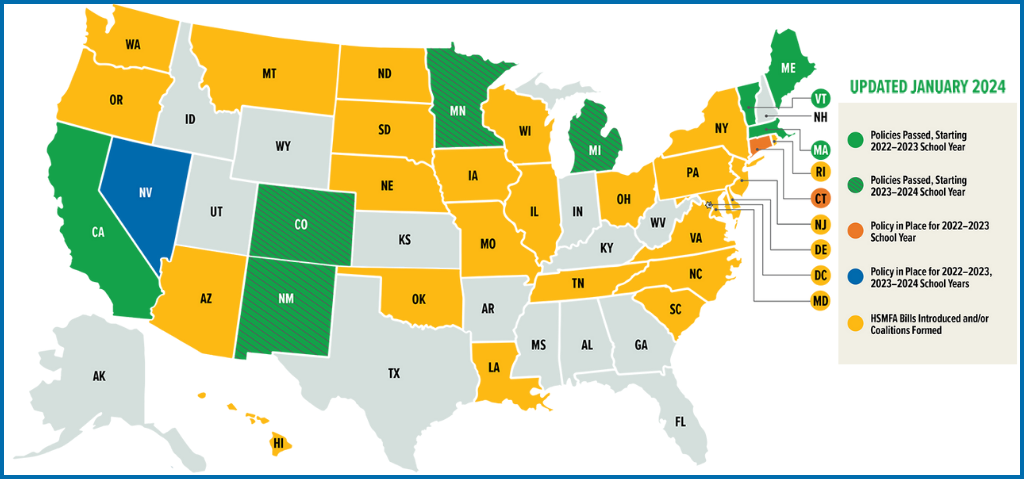
Key Findings

- School lunch participation in California, Maine, Massachusetts, Nevada, and Vermont — the five states that implemented Healthy School Meals for All policies during the 2022–2023 school year — increased in comparison to pre-pandemic participation levels.
- Student breakfast participation increased in four of the five states. School breakfast participation has historically lagged behind school lunch participation. The continued gap highlights the need to implement innovative school breakfast models, such as breakfast in the classroom, grab and go, and second chance breakfast.
- The response to Healthy School Meals for All policies has been positive, with state child nutrition agencies noting many benefits to providing school meals at no cost to all families, and public opinion polling showing broad support.
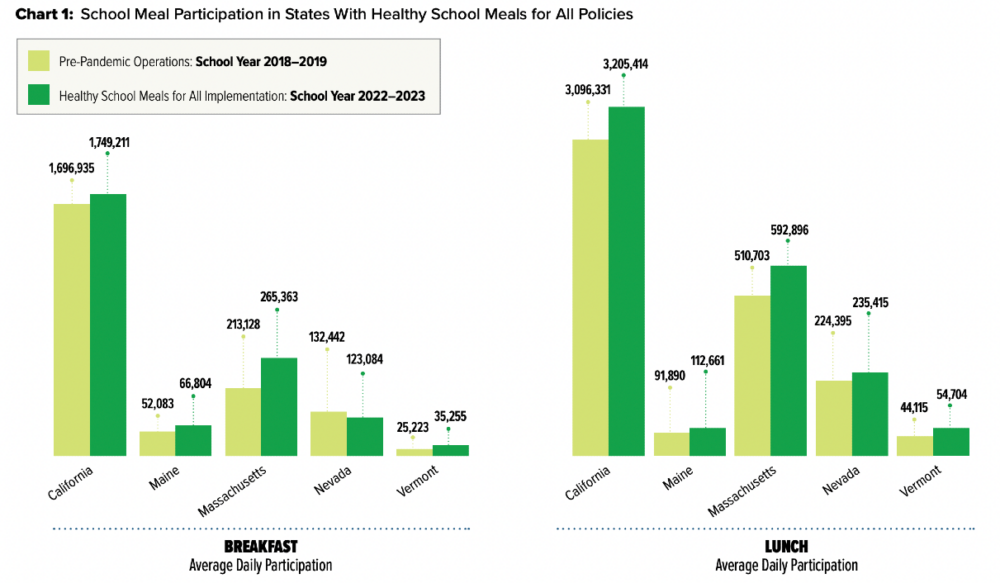
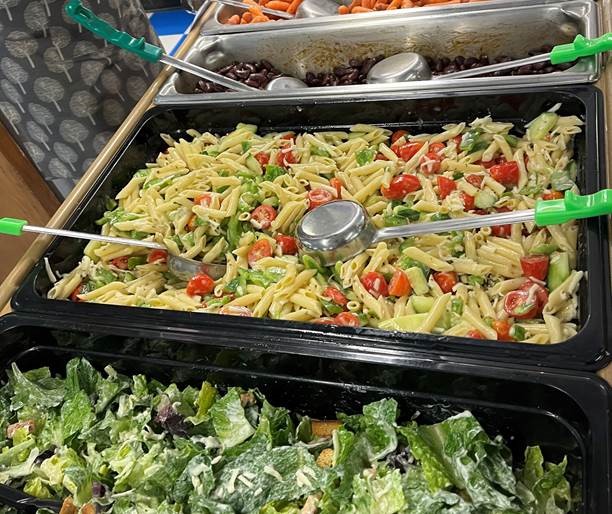
Community Voices
“Healthy School meals for all is essential … throughout the [U.S.] because it shows the citizens and individuals young and old that there is a sense of belonging, together with compassion, love, kindness, acceptance and respect.” — Vermont advocate
Congress Must Make Healthy School Meals for All Permanent Nationwide
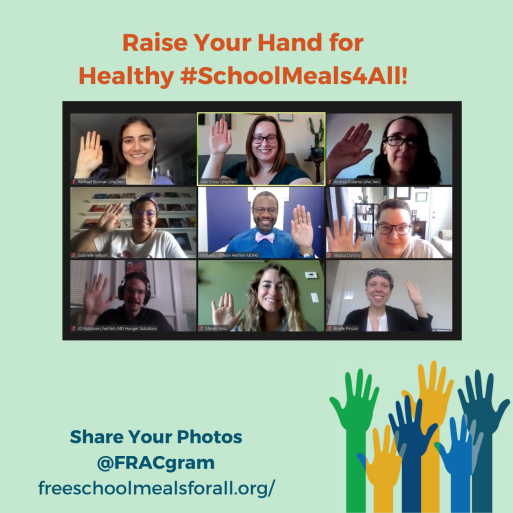
The report findings highlight the need for Congress to pass legislation so that all students, regardless of where they live, have access to the nutrition they need to learn and thrive. Until Congress acts, states should continue to pass Healthy School Meals for All policies that ensure the children in their state have access to nutritious food that helps them succeed at school.
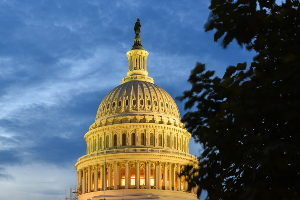
The Universal School Meals Program Act (S. 1568/H.R.3204)
The Universal School Meals Program Act would create Healthy School Meals for All nationwide. The bill has been reintroduced by Sen. Sanders (I-VT) and Rep. Omar (D-MN), along with Sens. Gillibrand (D-NY) and Heinrich (D-NM) and Reps. McGovern (D-MA) and Moore (D-WI).
Use the FRAC Action Network to urge your Members of Congress to support this critical legislation.
Legislative Priorities
In addition to the Universal School Meals Program Act, FRAC supports the following legislation to increase the number of students with access to free school meals:
-
- School Meals Expansion Act (H.R. 2567) introduced by Rep. McGarvey (D-KY), which would increase federal funding for community eligibility schools.
- No Hungry Kids in School Act (H.R. 3112) introduced by Reps. Porter (D-CA) and Aguilar (D-CA), which would create a statewide community eligibility option.
- Expanding Access to School Meals Act (H.R. 3113) introduced by Rep. Porter (D-CA), which would increase eligibility for free meals to 200 percent, expand direct certification, make eligibility retroactive to the beginning of the school year, and increase funding for community eligibility schools.
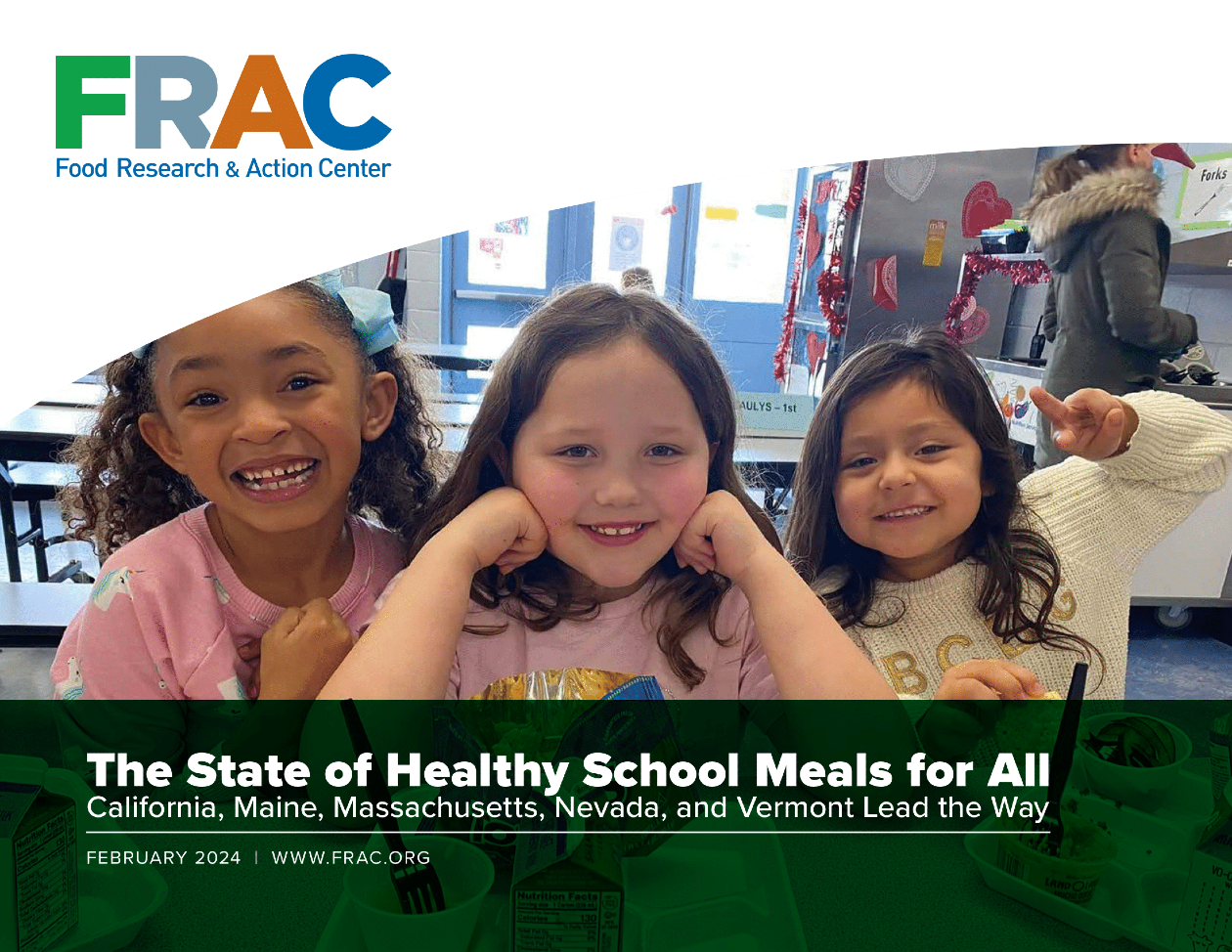
The State of Healthy School Meals for All: California, Maine, Massachusetts, Nevada, and Vermont Lead the Way
Read More
Learn More About the Push for Healthy School Meals for All On www.FreeSchoolMealsforAll.org
Learn more
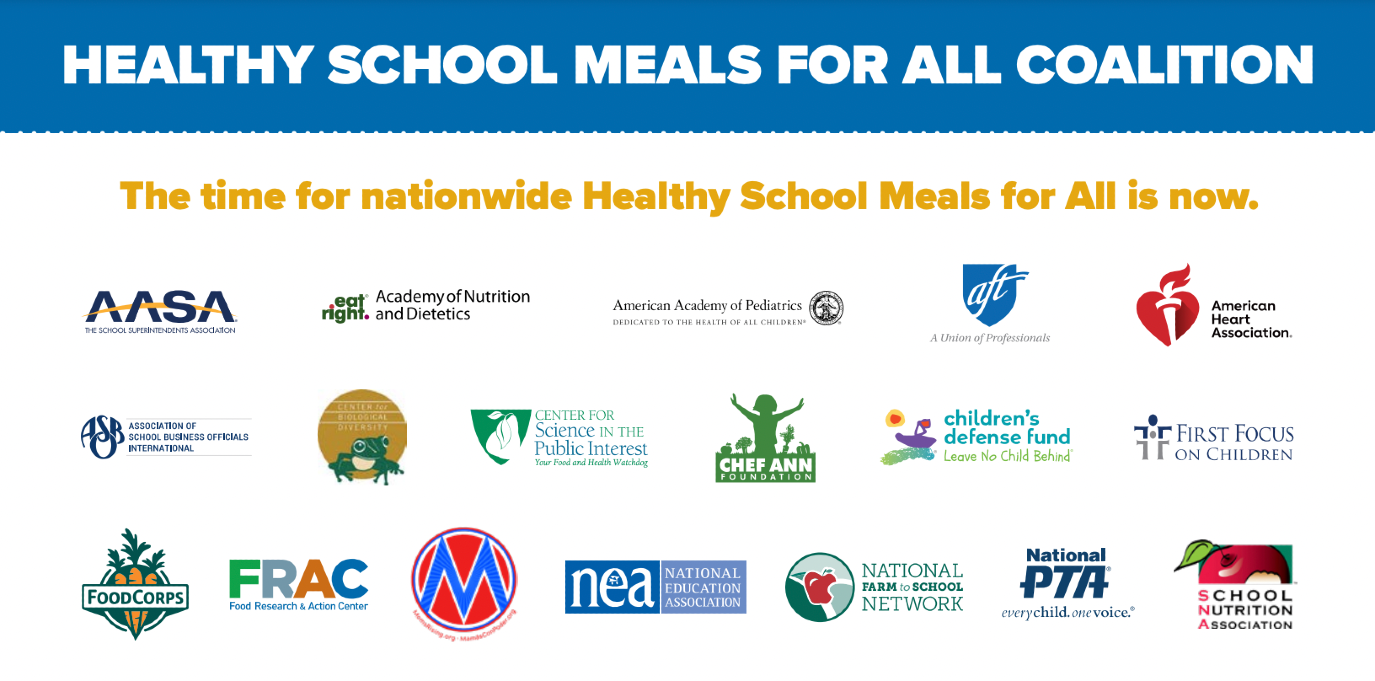
FRAC is proud to convene the National Healthy School Meals for All Coalition, a diverse group of national anti-hunger, education, health, school nutrition, and child advocacy organizations dedicated to building support for and passing nationwide free Healthy School Meals for All legislation. Read the Coalition Statement of Support.
